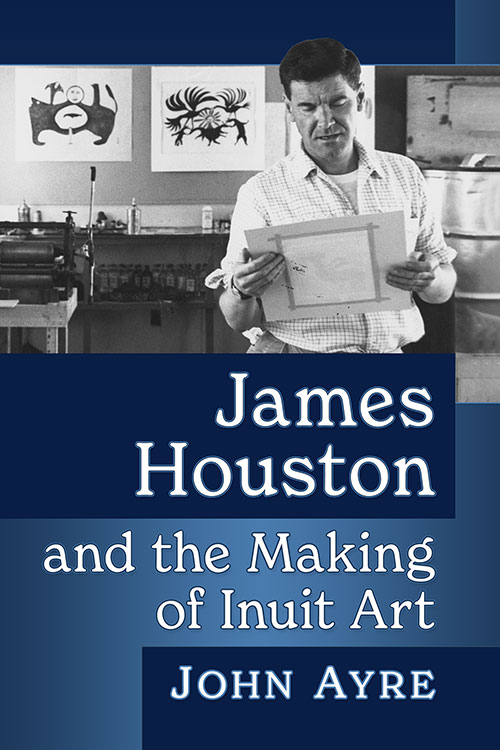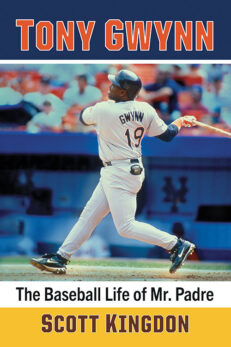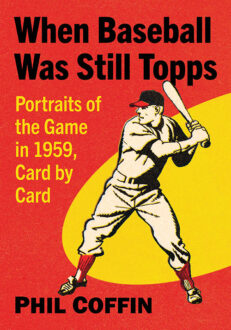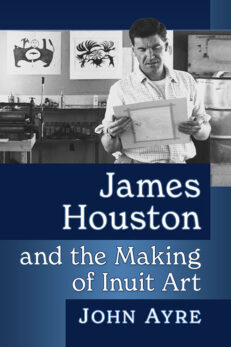James Houston and the Making of Inuit Art
$49.95
In stock
About the Book
In 1954, eager buyers lined up three abreast for over half a block to get into the Canadian Handicrafts Guild in Montreal where, once inside, they wrestled and argued to purchase stone sculptures carved by Inuit artists. In a short span, interest in Inuit carving became a worldwide phenomenon and a major source of income for the Inuit. Their sculptures, tapestries and prints later became the unofficial national art of Canada, gracing homes, corporate offices, postage stamps and international art showcases.
This is the story of how Inuit art came to be regarded as some of the best Indigenous art of the twentieth century. James Houston, an artist as well as a brilliant raconteur and lecturer, was unquestionably instrumental in its development. His enthralling Arctic stories were a gift to journalists, but his inconsistencies became a major hurdle for historians. This book portrays the unusual alliance between James Houston and early Inuit art enthusiasts, the Canadian Handicrafts Guild and the Canadian Department of Northern Affairs. Through painstaking research, it presents their adventures, management, concerns and successes.
About the Author(s)
Bibliographic Details
John Ayre
Format: softcover (6 x 9)
Pages: 244
Bibliographic Info: 37 photos (9 in color), appendix, bibliography, index
Copyright Date: 2022
pISBN: 978-1-4766-8817-6
eISBN: 978-1-4766-4787-6
Imprint: McFarland
Table of Contents
Acknowledgments vii
Preface by Mary Ann Evans 1
Abbreviations in the References 5
Terminology and Place-Names 6
Introduction: Getting to Houston 7
1. Early Interest 13
2. Houston’s Early Life 18
3. Flying to Port Harrison, 1948 25
4. Second Sale 32
5. West Hudson Bay, 1950 38
6. A Book of Instruction 41
7. South Baffin Island, 1951 44
8. Back South, 1951 51
9. New York and Mexico, 1952 58
10. Fort Chimo and Cape Dorset, 1952 61
11. Recovery 67
12. The North Matters 78
13. Houstons of the Arctic 86
14. A Canadian Art 91
15. Feverish Interest 96
16. Future Plans 99
17. Making Inuit Art 103
Betweeen pages 110 and 111 are 8 color plates containing 9 photographs
18. George Swinton and Edmund Carpenter: The Critics 111
19. Problems of Success 116
20. Highly Saleable Objects 121
21. Cape Dorset Experiments 126
22. Prints in Winnipeg and Japan 134
23. Back Home, 1959 139
24. New Yorkers and Tellick Bay 142
25. Stratford, 1959 146
26. Breakthrough Prints 152
27. Exceeding Wildest Hopes, 1960 157
28. A Summer of Journalists 161
29. Leaving Cape Dorset, 1962 171
30. The Canadian Eskimo Art Committee 175
31. New York Life 183
32. Escoheag, Rhode Island, 1974 188
33. Stonington, Connecticut, 1987 193
34. Cape Dorset, 1992 198
Appendix: Inuit Artists’ Names by Mary Ann Evans 205
Bibliography 213
Index 219





